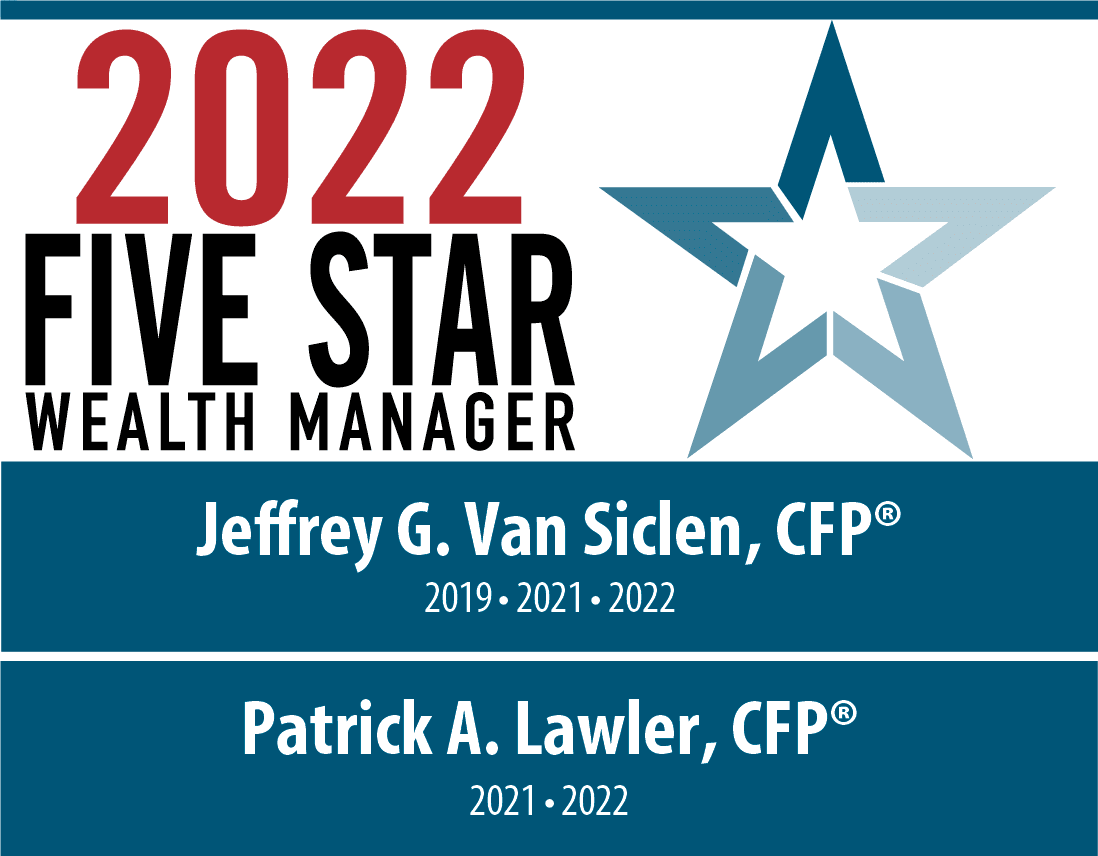The Importance of a Retirement Financial Planner
September 20, 2024
After a long career and plenty of hard work, you are surely looking forward to enjoying your retirement. The important question we have to ask you is: are you prepared? Planning for retirement, and managing your finances after you have retired, can be a complex task. This task is one you will not have the time or headspace to do alone. It is essential to work with a retirement financial planner who can help you extend the life of your retirement savings, optimize your investments, and reduce your tax liability.
What Is a Retirement Financial Advisor?
A retirement planner is a financial planning expert who specializes in helping people prepare a retirement plan so they can ensure their financial security during their final years. Retirement planning focuses on projecting what their client’s needs will be once they stop working. Savings, investments, estate planning and insurance are some of the components of a comprehensive retirement plan.
Retirement planners specialize in helping their clients protect and grow their wealth so they can enjoy a stress-free life when their working life comes to an end. Our job is to ensure that they have all the right tools to prepare for, and overcome, any challenges that may arise.
Planning for retirement can be difficult for anyone, no matter what walk of life they may come from. For professionals in the BioTech and Life Sciences industries, it can present a number of additional challenges. Project-based funding, long research timelines, and other factors make it a challenge to plan for retirement or set funds aside. We have a full understanding of the financial challenges faced by people in these industries, and we work with them to draw up retirement plans that take these issues into account.
Understanding Tax Efficiency in Retirement
One of the most important parts of retirement planning is coming up with effective strategies to manage taxes. Once you have retired, your income will probably come from a combination of any of the following sources: Social Security, IRAs, pensions, retirement plans, or income from various savings and investments. You will be taxed on your retirement account withdrawals, as well as any dividends and payouts from investments, or sale of assets. While you cannot avoid tax, you can devise a strategy that could enable you to minimize your liability to the IRS legally.
In order to maximize the tax efficiency of your retirement, we will assess your overall financial position, including your assets and income sources. We will then strategize a plan to reallocate investments and income receipts, and aim to postpone payments from retirement accounts. These steps could serve to minimize your tax liability so you can maximize your net income during your retirement years.
What Kind of Retirement Advisor Should You Hire?
To secure a comfortable retirement, you need to work with an expert retirement planner who understands the unique needs and challenges you face in your career. LRVS has a team of dedicated family CFOs who provide focused, consistent retirement planning. We follow a four-step process as we design your specific retirement plan. First, we identify your essential needs. Then, we identify what you want for your retirement. We analyze your sources of income and work out how to fill in the gaps.
The plan we create for you will do the following for you:
- Address your ongoing liquidity needs
- Analyze your present source of income
- Allocate funds to meet the long-term challenges of health care, inflation and executive estate planning
- Fill income gaps by working with a mix of employer plans, IRAs and brokerage accounts.
We ask you to bring us your retirement goals, and then we work on devising a plan to help you achieve those goals.
Do I Need a Financial Advisor for My 401(k)?
If you are investing in a 401(k) account, you may wonder if you need to work with a professional financial advisor at all. Here is the thing about 401(k) plans: they offer many valuable benefits, but they usually don’t provide any way for you to access financial advice and plan how you can use your funds once you start withdrawing them. With this in mind, you really should consider working with a financial advisor when it comes to your 401(k). We can help you:
- Select the allocation of your 401(k) investments. Most of these plans have limited options, but we can help you choose those that are most appropriate to your goals.
- Plan your current and future finances.
- Maximize your tax benefits
- Help you manage your investments if your plan offers a self-directed option.
Essentially, a financial advisor can help you take control of your 401(k) and optimize its benefits, rather than simply investing your money and leaving the investment decisions to the fund managers.
Contact us if you would like to find out more about the benefits of having one of our dedicated family CFOs and your retirement financial planner.
*Disclaimer:
This article is provided by Fortis Capital Advisors, LLC (“Fortis Capital Advisors” or the “Firm”) for informational purposes only. Investing involves the risk of loss and investors should be prepared to bear potential losses. Past performance may not be indicative of future results and may have been impacted by events and economic conditions that will not prevail in the future. No portion of this article is to be construed as a solicitation to buy or sell a security or the provision of personalized investment, tax, or legal advice. Certain information contained in this report is derived from sources that Fortis Capital Advisors believes to be reliable; however, the Firm does not guarantee the accuracy or timeliness of such information and assumes no liability for any resulting damages.
This article is the sole opinion of this individual and is not indicative of the firm’s beliefs.







